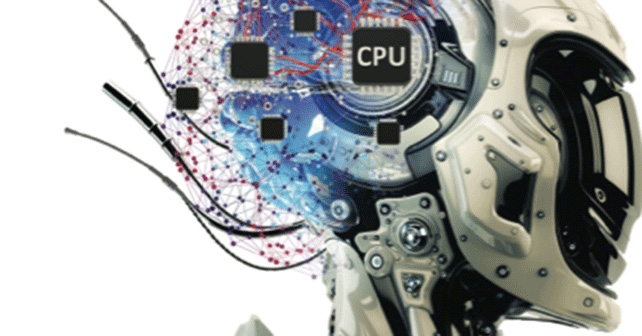Leaders must tend to the practices and habits that build trust.
Recently, Alex Fielding, chief executive of space tech company Privateer, told me something that would surprise many. What distinguishes a good data analyst from an invaluable one, he said, is their network of relationships. He should know. Privateer, co-founded with Steve Wozniak, is creating a ‘Google Maps of space’ for the millions of pieces of space debris that are zipping around in low Earth orbit. It’s a gnarly challenge that requires the integration of a plurality and diversity of datasets. Of course, analysts’ technical skills matter – but that means nothing if you don’t know who has what data and can’t build trust to secure access.
As an adviser for Privateer, I was intrigued that such a futuristic and technologically-advanced industry is also built on something so fundamentally human as our capability for building relationships. For the past two years, I’ve been writing about unlocking humanity in the workplace. The obstacles to relationship-building since the start of the pandemic have made us realize what research had proven: our individual wellbeing is dependent on our ability to form and sustain positive relationships with others. And no wonder. Research by my Duke colleague Michael Tomasello shows that our capacity and desire for cooperation is what distinguishes us from primates. We’re wired for collaboration and relationships. It’s what makes us human. We become so much more effective when we feel connected as part of a team.
That’s nothing short of essential in a world defined by complexity, which is continually being reshaped by disruptions that upend pre-existing assumptions built on linear thinking. To solve the challenges and leverage the opportunities that result, we need the ability to create imaginative analogies and forge surprising connections which transcend what any algorithm or piece of technology can yield. We need more than a collection of individual contributors: we need individuals working as a team. That is only possible when trust and relationships are fostered. But how?
One idea is to intentionally create the time for agenda-less conversations. Pre-pandemic, we found these naturally in the chitchat that we engaged in at the water cooler or in serendipitous encounters in the hallway. The seemingly idle nature of these conversations leads us to share information on things such as family life and our hobbies, and that results in us relating more humanly.
In the virtual setting, there are no such idle moments, but we can create a few minutes at the start or end of a meeting to chat about something that inspires us or that we are grateful for, or to do a round-robin update on family. You can also create agenda-less meetings such as Zoom karaoke or game nights, which help your team connect through humour and permissive silliness.
Another idea is to recognize the value of team members who have a natural talent for fostering inter- and intra-team relationships. In the Industrial Age model of productivity, the deep value of such superpowers often went unrecognized. But these teammates can be the emotional glue for a team, cross-pollinators of valuable information, or increase the ‘joy capital’ of work for everyone.
So how do we sustain excellence in organizations and create enduring impact in a world of increasing complexity and uncertainty? We need to double down on that which makes us distinctly human. We need to create the space for practices that enable relationships and trust to flourish and grow. Our future depends on it.




